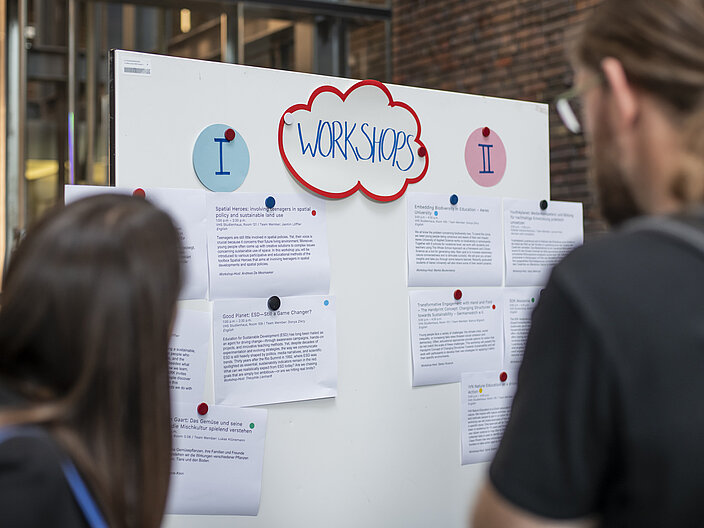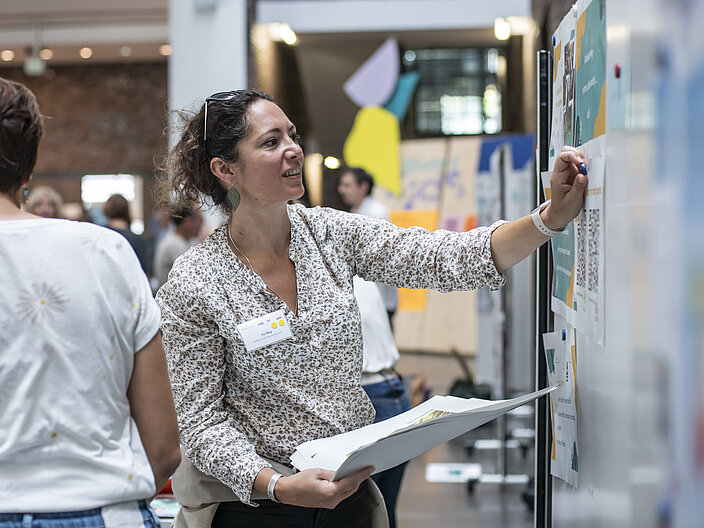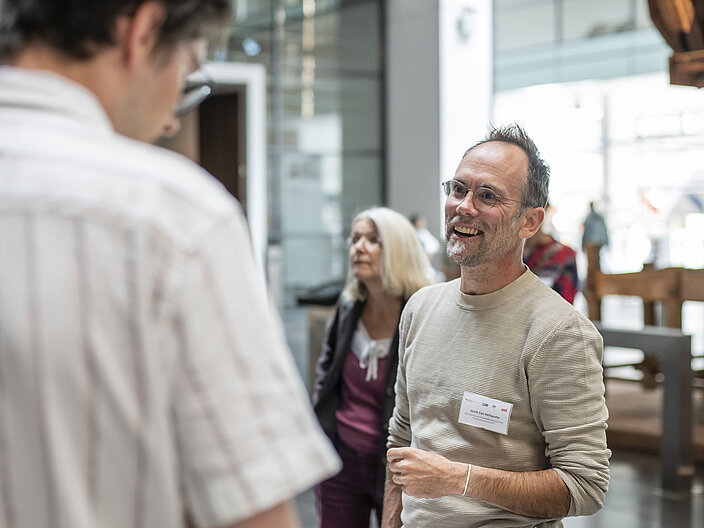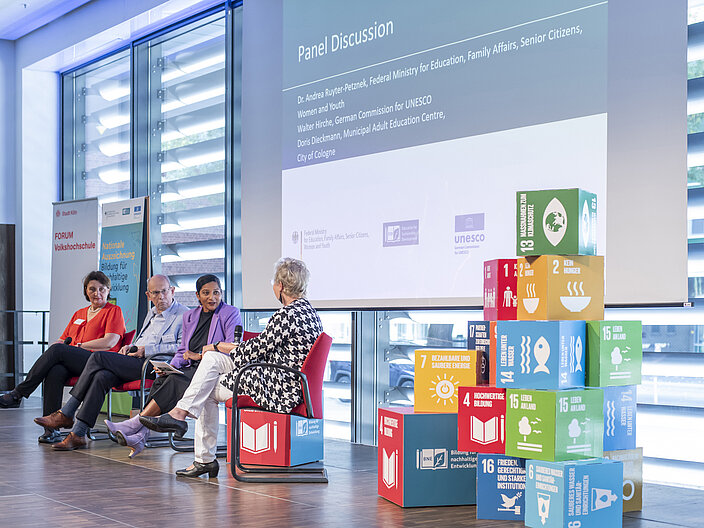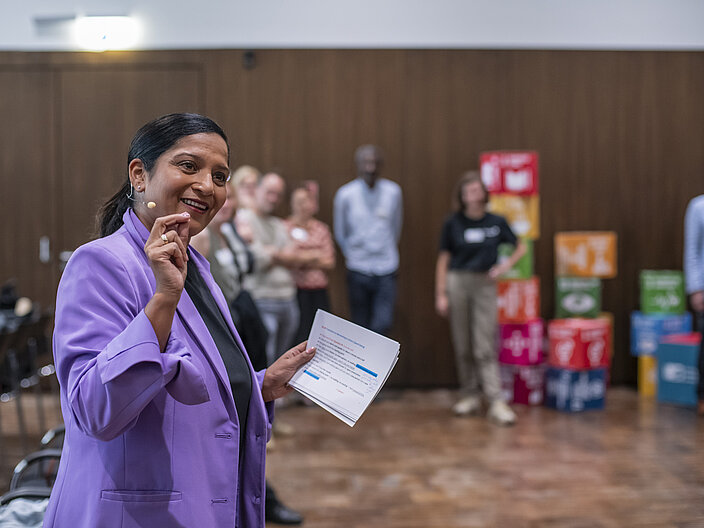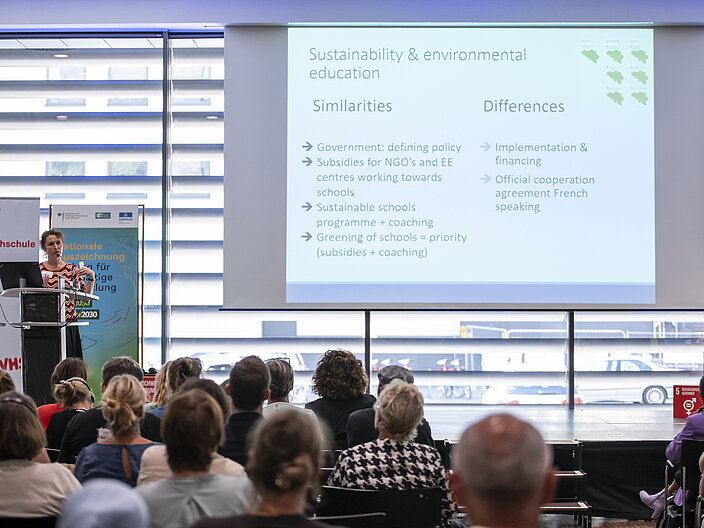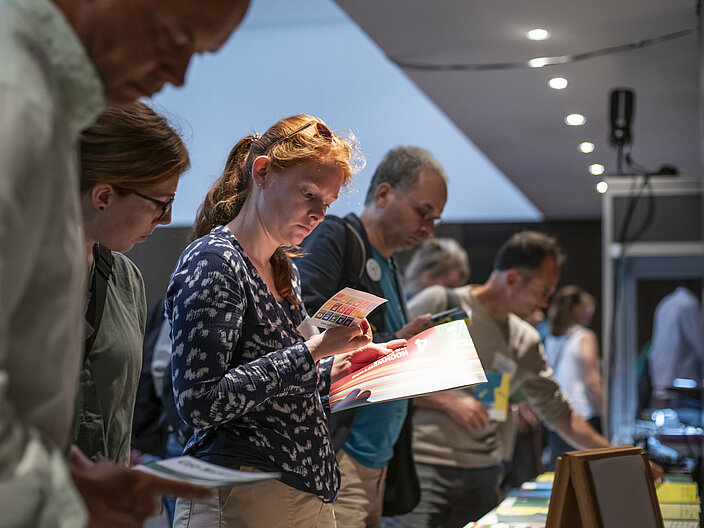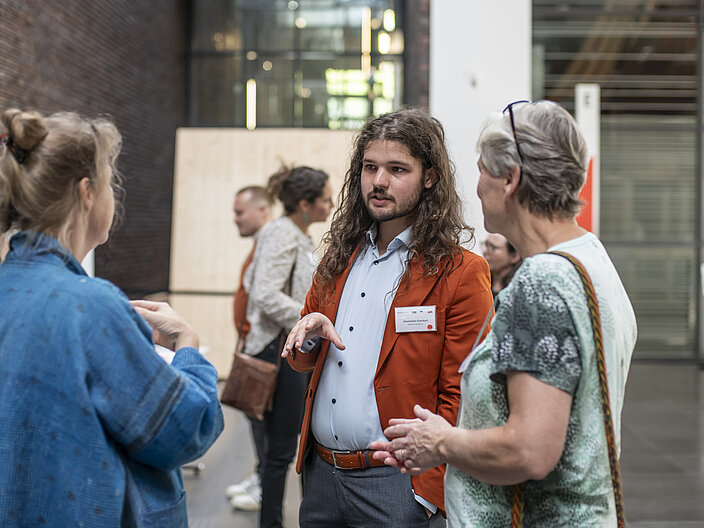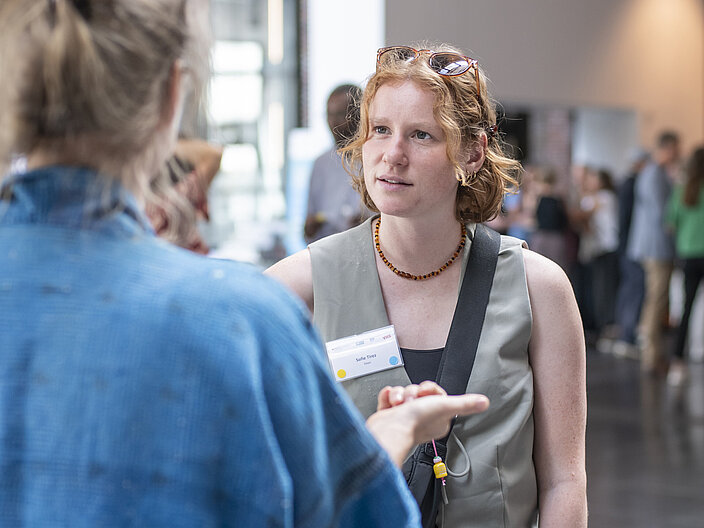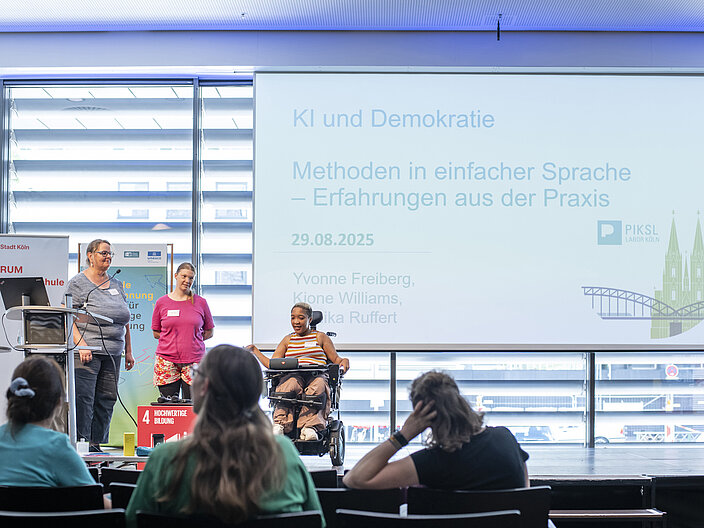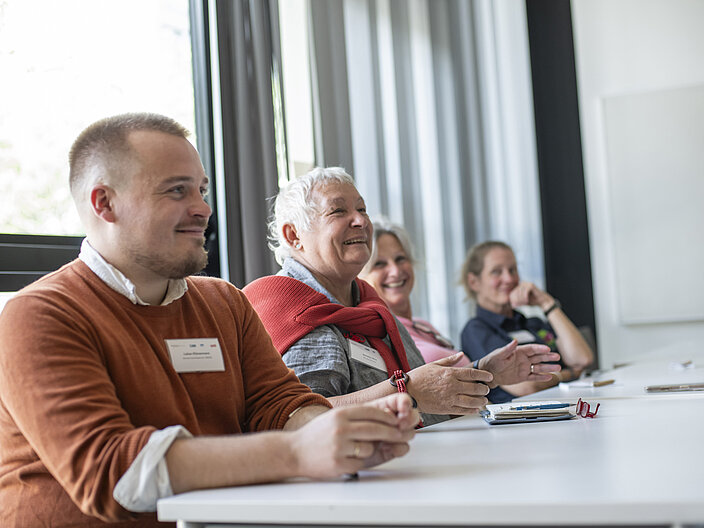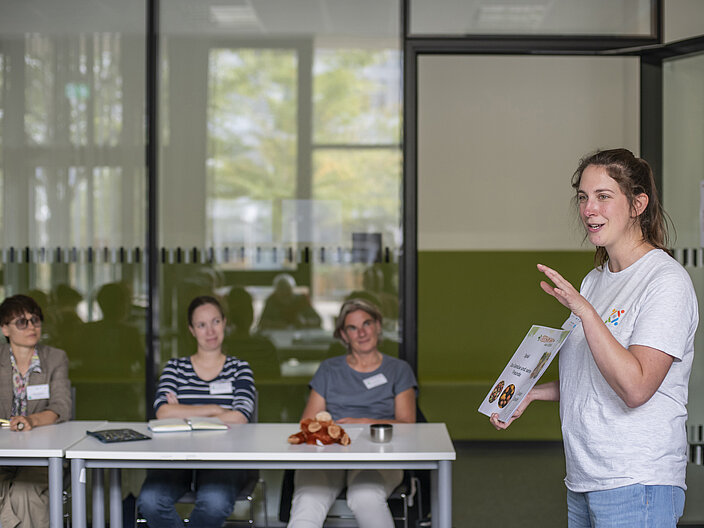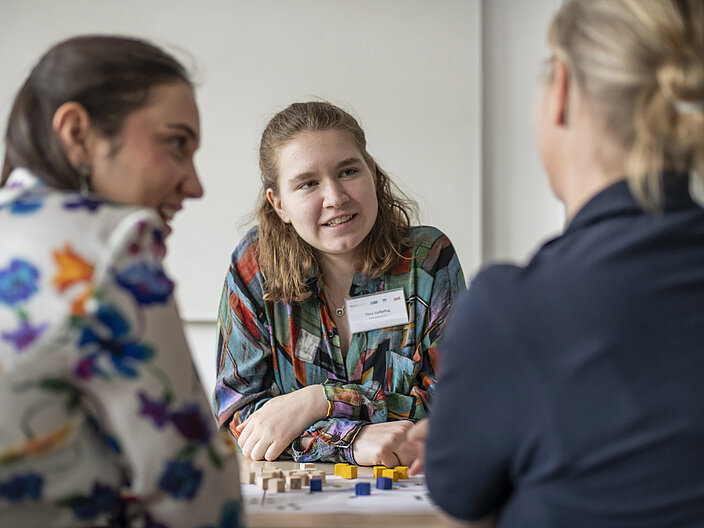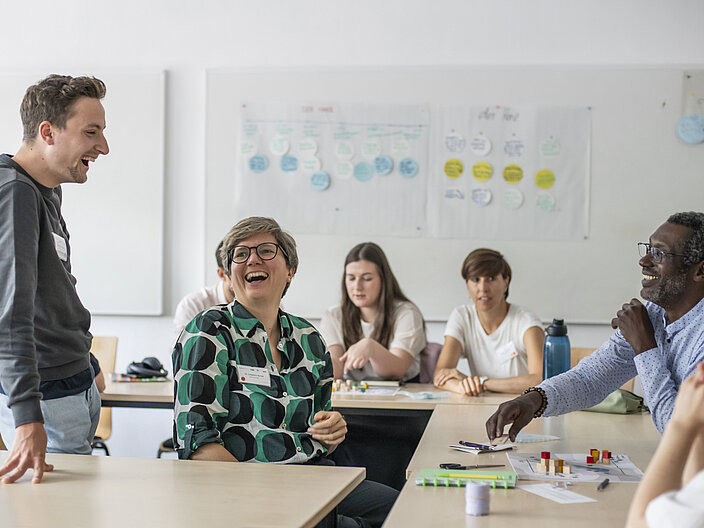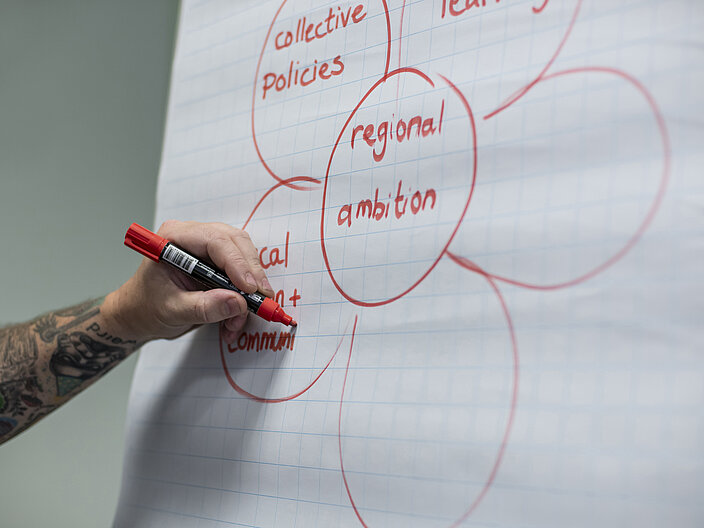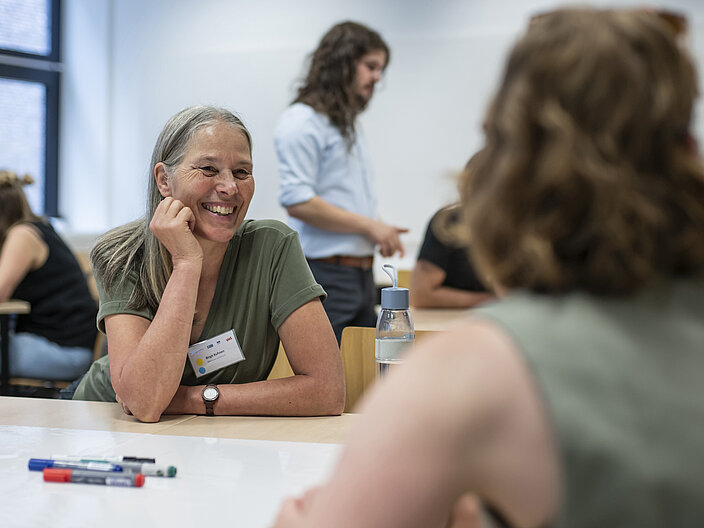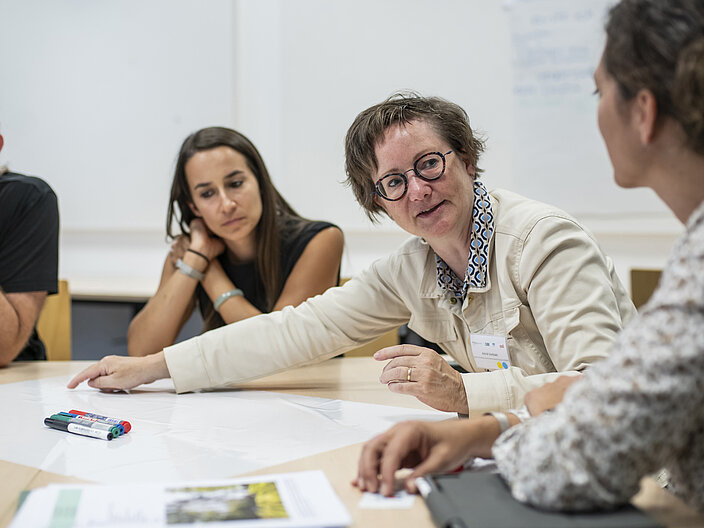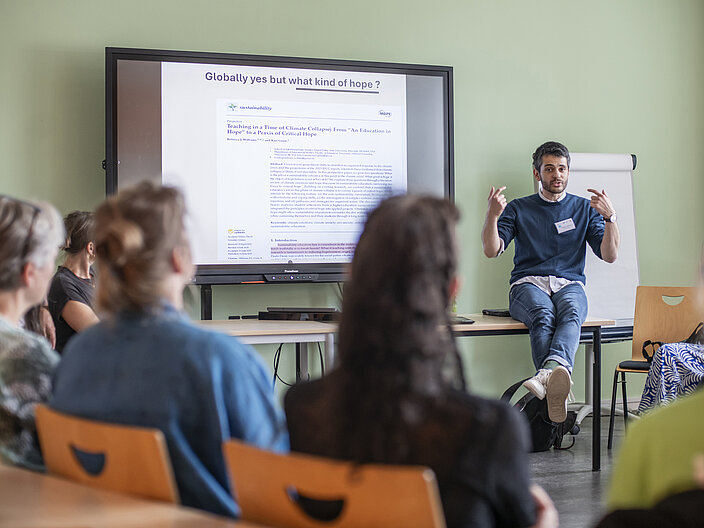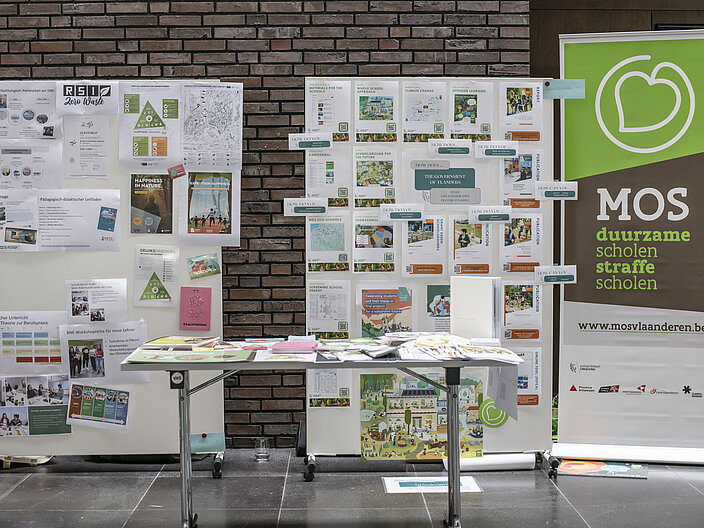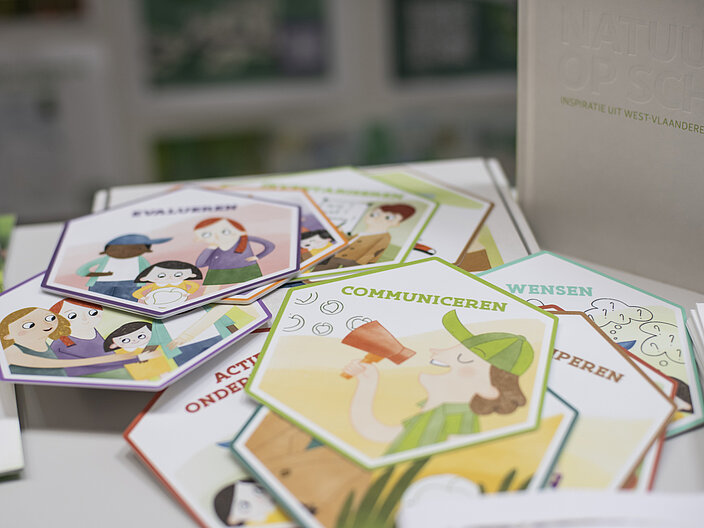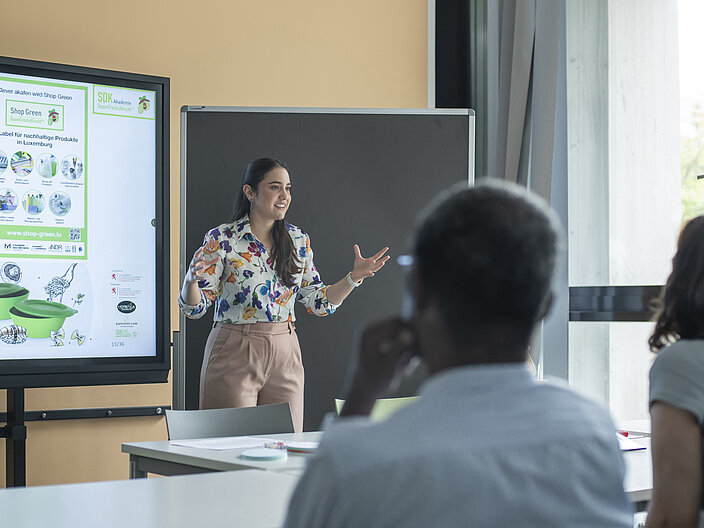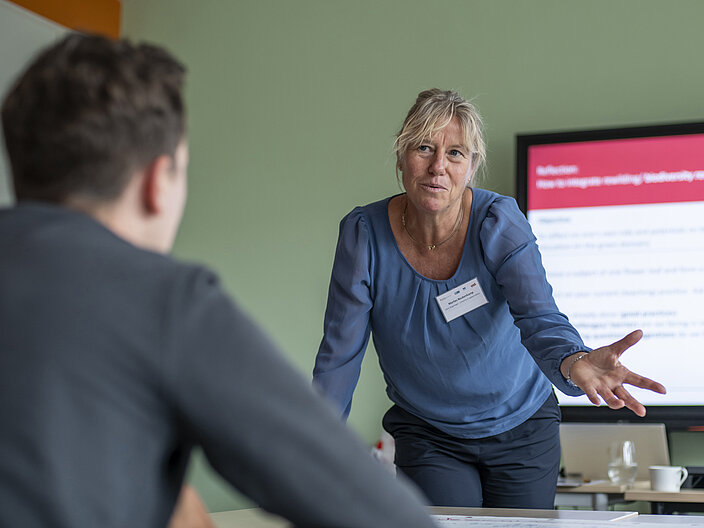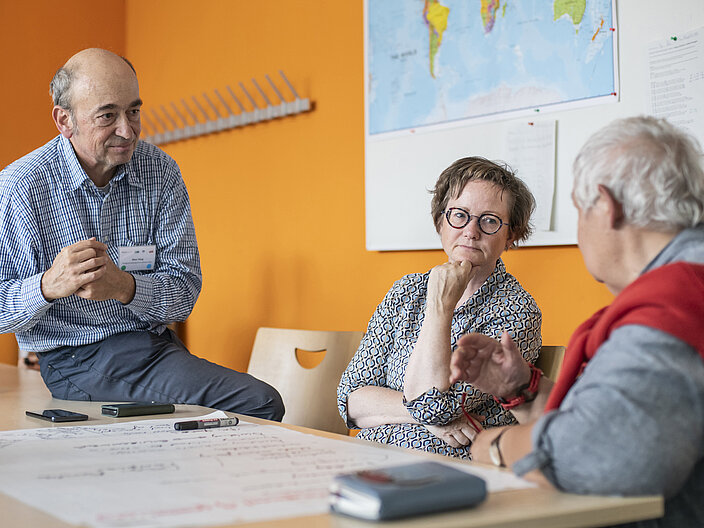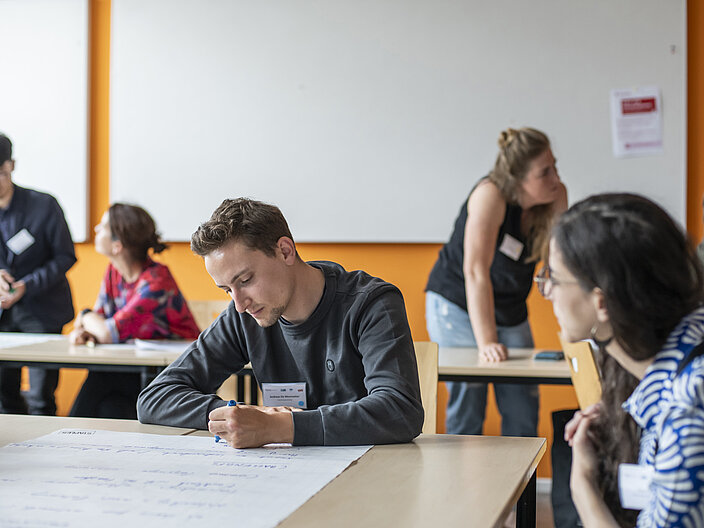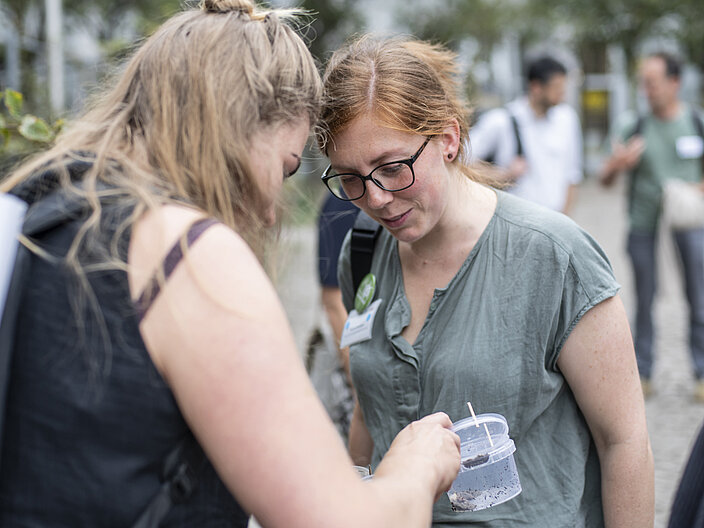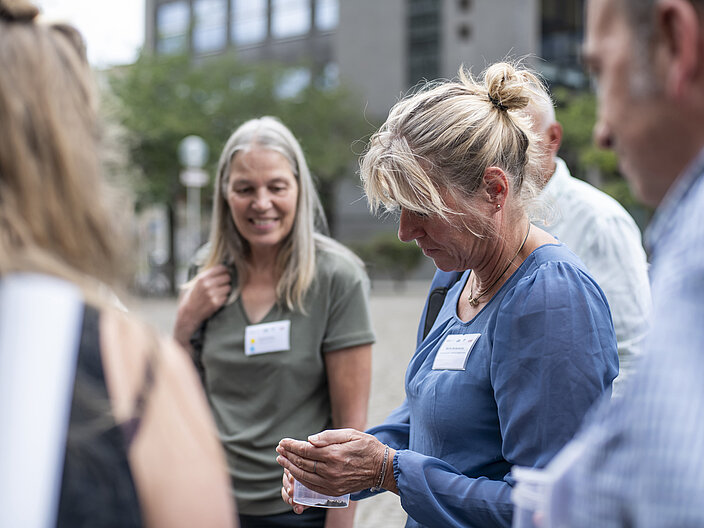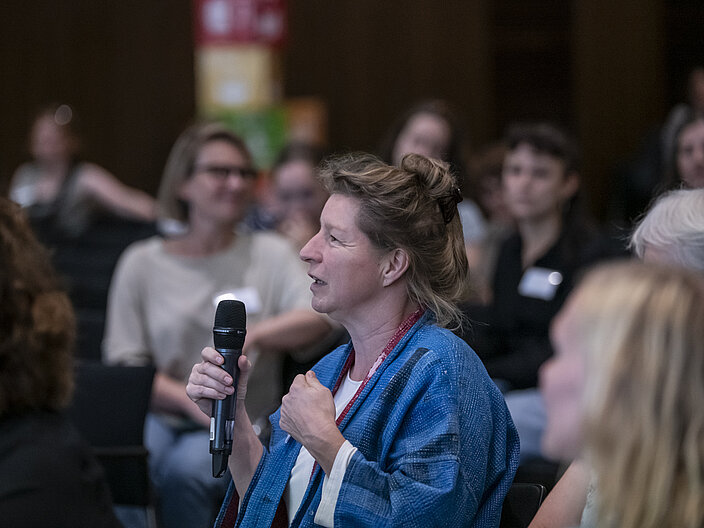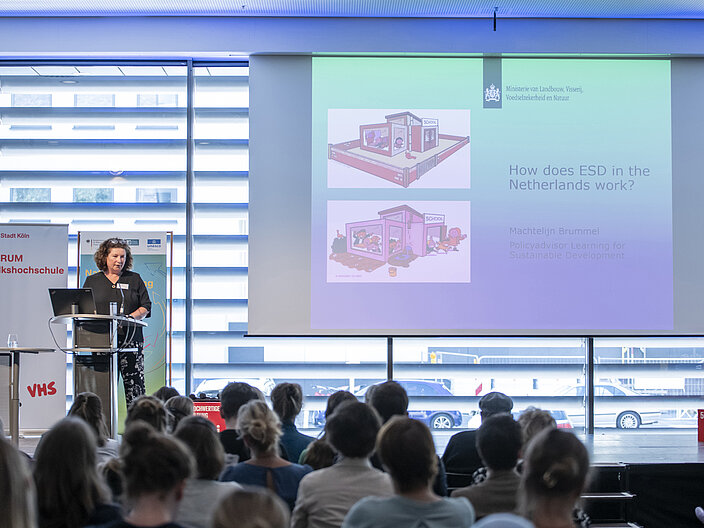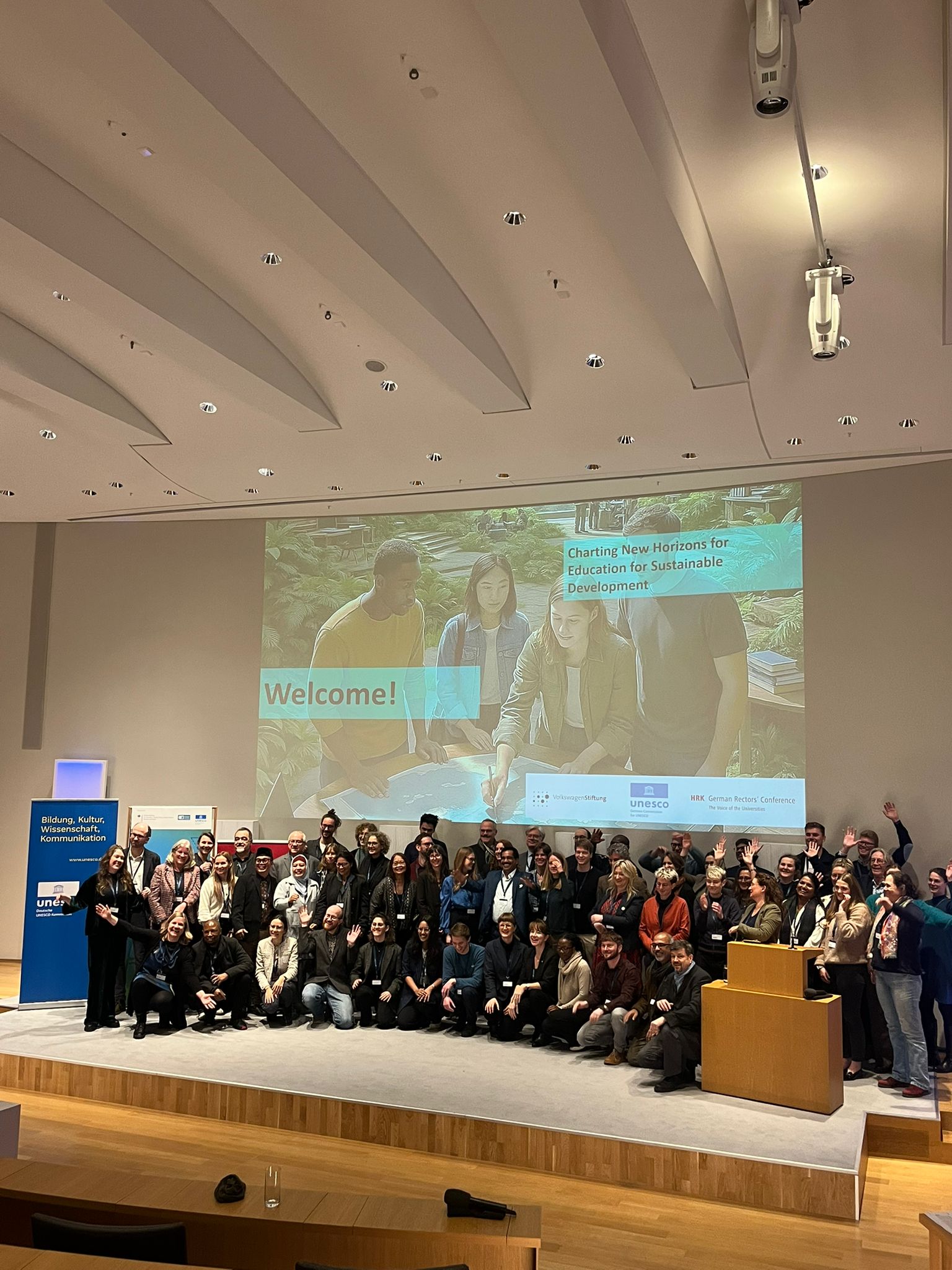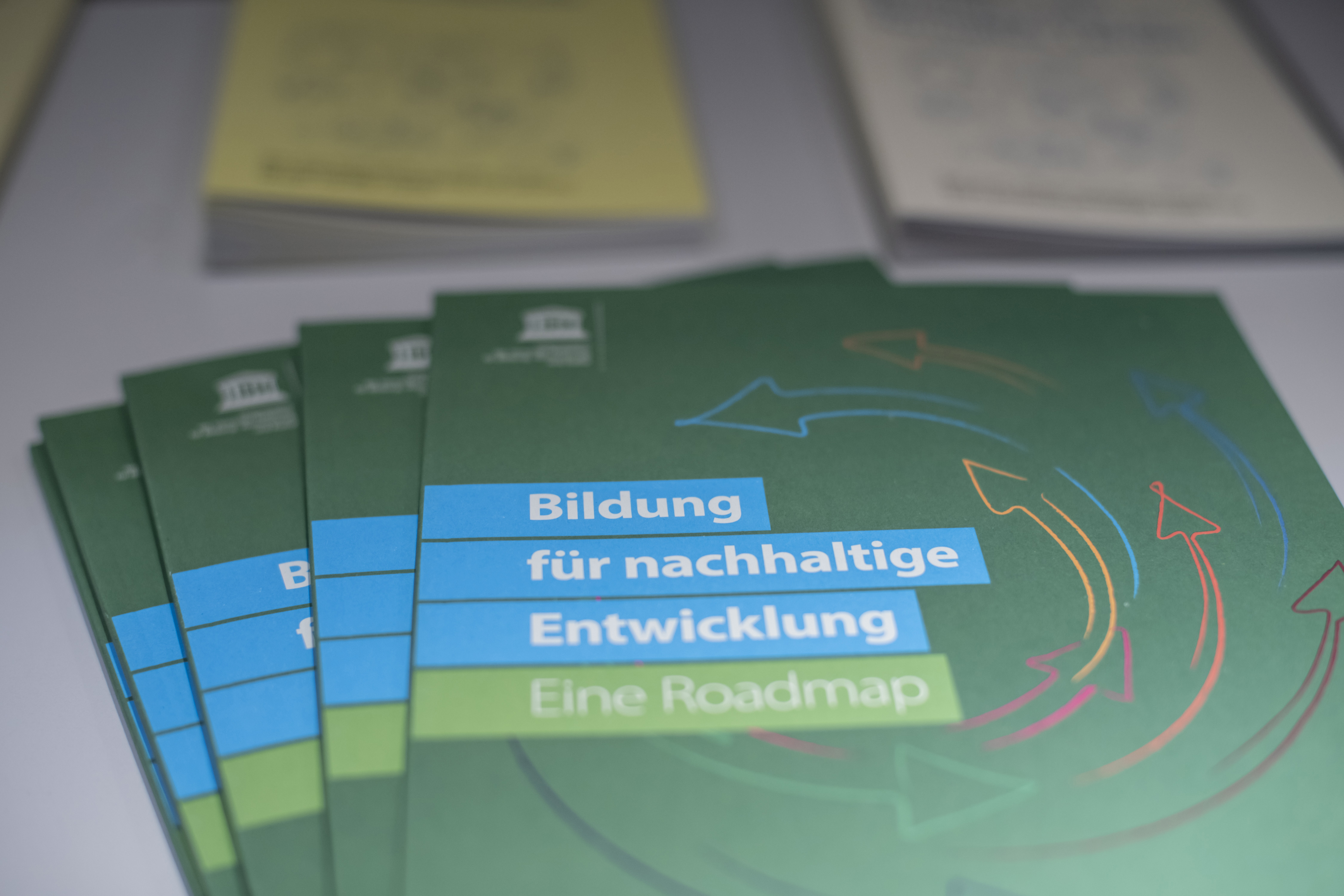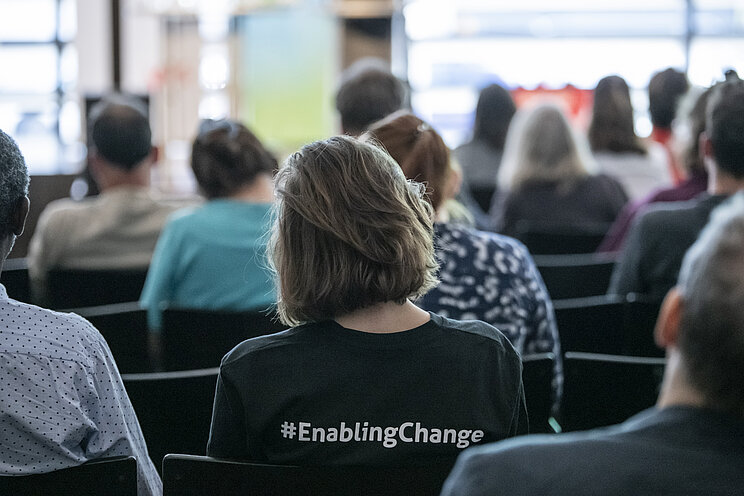
ESD-Community Event 2025 in Cologne
The second international ESD-Community Event, entitled “Fostering Diversity for Democracy and the Planet”, took place on 29 August 2025 at the FORUM Volkshochschule in Cologne. Jointly hosted by the German Commission for UNESCO and the Federal Ministry for Education, Family, Senior Citizens, Women and Youth (BMBFSFJ), in collaboration with the Cologne Adult Education CentreExterner Link:, the event brought together stakeholders from politics, public administration, education, and civil society from the BENELUX countries and Germany to discuss the role of diversity and democracy in sustainable development.
After opening remarks by Dr. Andrea Ruyter-Petznek (Federal Ministry for Education, Family Affairs, Senior Citizens, Women and Youth), Walter Hirche (German Commission for UNESCO), and Doris Dieckmann (Cologne Adult Education Centre), the participants had the opportunity to get to know each other through an interactive format. This was followed by “Creating Common Spaces: ESD Beyond Borders” presentations, in which representatives from Belgium, the Netherlands, Luxembourg and Germany introduced national ESD initiatives.
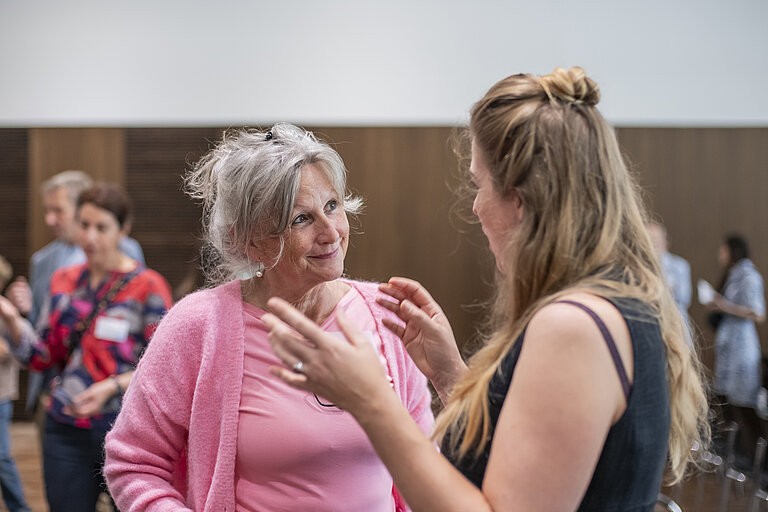
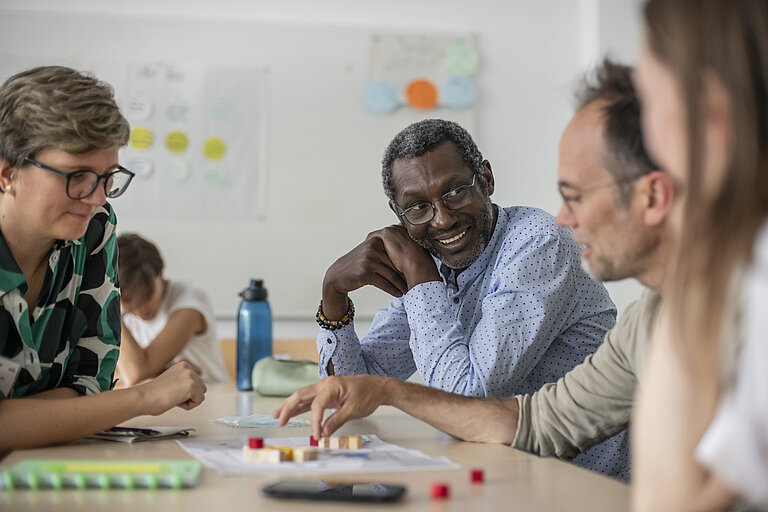
In the afternoon, two workshop phases provided space to develop practical approaches and methods for practice. Topics of the first phase ranged from inclusive learning methods and materials in simple language (PIKSL LaborExterner Link:, Cologne), local learning approaches for sustainable futures (SPARKExterner Link:, Netherlands), and playful insights into mixed cultivation (Léieren am GaartExterner Link:, Luxembourg) to youth participation in spatial planning (Kind & SamenlevingExterner Link:, Belgium) and positive environmental engagement (Good PlanetExterner Link:, Belgium). In the second phase the workshops addressed media literacy and storytelling (Youth4planetExterner Link:, Luxembourg), circular economy and resource conservation (SuperDreckskëschtExterner Link:, Luxembourg), nature education as a driver for societal action (IVN Nature EducationExterner Link:, Netherlands), biodiversity in the educational context (Aeres University of Applied SciencesExterner Link:, Netherlands), as well as the Handprint concept for structural change (Germanwatch e.V.Externer Link:).
A Gallery Walk complemented the programme, giving ESD initiatives from Belgium (Vlaams Instituut Gezond LevenExterner Link:; Afdeling Partnerschappen met Besturen en MaatschappijExterner Link: and Robert-Schumann-InstitutExterner Link:), Luxembourg (Service National de la Jeunesse LuxembourgExterner Link: & Atert Lycée RedangeExterner Link:, École nationale pour adultesExterner Link:, Youth4planet a.s.b.l.Externer Link:, Ecole fondamentale de BonnevoieExterner Link:) and Netherlands (Stichting de RollenExterner Link:) the opportunity to present their work on pinboards, ranging from projects in formal education to non-formal and community-based approaches.
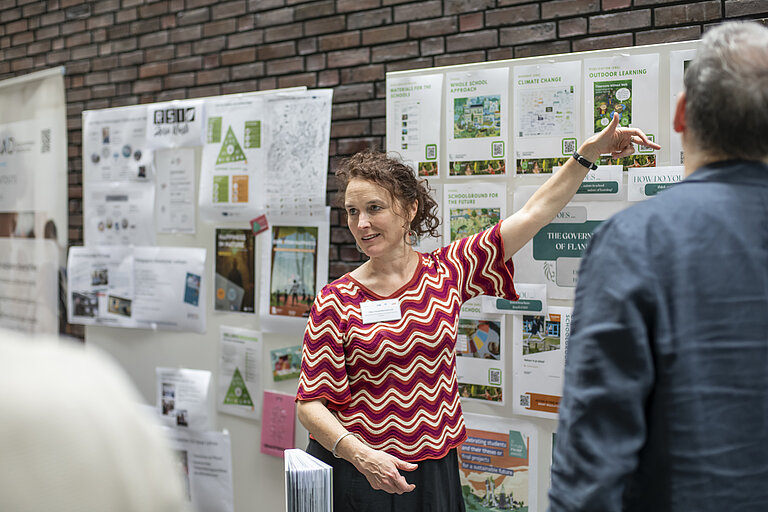
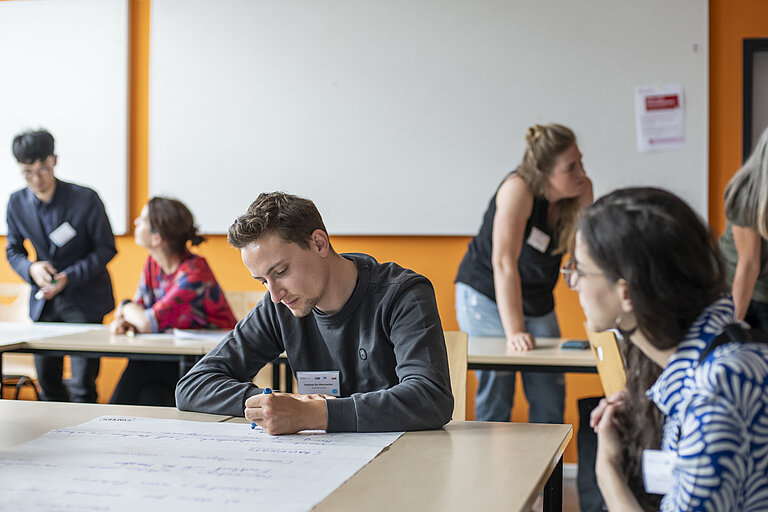
The ESD-Community Event provided a cross-border forum in which ESD initiatives from Germany and partner countries could gain insight into each other’s perspectives, current challenges, and shared objectives. It offered opportunities for international networking, dialogue, and the joint development of new ideas for the implementation of ESD.
